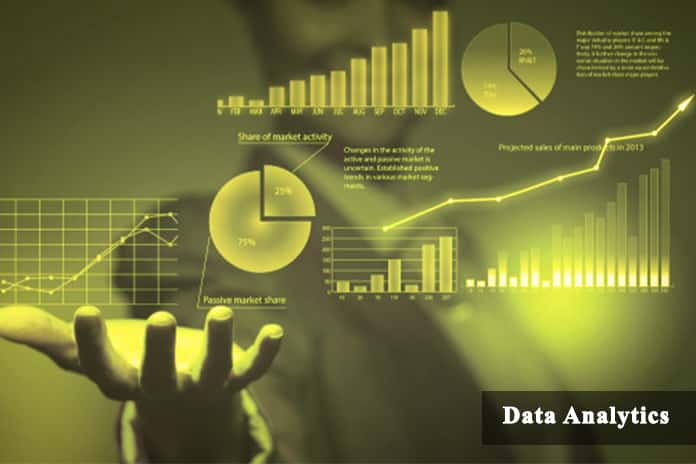The world of analytics is constantly evolving and maturing. What was true a few short years ago may not be true in a few short years. As the need for data-driven businesses and solutions increases, the competition will only increase. You can make your mark today by choosing to work with an experienced provider of analytics solutions. It doesn’t matter what industry you are in or what field you wish to enter; there are many different industries that need analytics.
Companies of all shapes and sizes are realizing the importance of data and analytics. This is why they are investing in it through the purchase of new mobile devices, the provision of mobile apps, and the development of data centers. No company is completely safe from the need for analytics. Whether they are large corporations or small companies, they realize that staying on top of the competition is a key to success. They need to analyze their competitors’ strategies and find ways to become even better and more competitive.
Today’s business environment is quickly evolving and people need to stay up to date. In this fast-paced environment, data is the only thing that holds companies together. Through analytics, businesses can discover hidden trends and behaviors among their customer base. These discoveries can then be used to strengthen their strategies and evolve into new products and services.
Today’s mobile device users, for example, download hundreds of apps. In order to tap into these apps and use them appropriately, businesses need to access the information provided by analytics quickly and efficiently. When the data does not fit into a data table, it needs to be organized. The same goes for the massive amounts of information provided by sensors and other technology.
Today’s data center needs to store huge amounts of information to enable managers to manage the enterprise effectively. Data management is a critical component of an organization’s operational strategy. In the future, data will play a much larger role in how organizations are run. By developing data management, businesses will be able to make better use of their massive amount of information to develop strategically important decisions.
Mobile device use has become more popular over the last two years. As such mobile devices will play an even larger role in how business is conducted. Businesses will need to find innovative ways to monitor usage patterns and determine which devices are being used for particular purposes. By leveraging analytics, they can improve data management and reduce mobile device costs.
As data continue to emerge and become more complicated, managing it efficiently becomes increasingly challenging. However, with the help of analytics, business managers can discover patterns and anomalies and learn what activities to draw in customers and generate revenues. By collaborating with other departments, analysts can also identify opportunities to partner with other stakeholders to reduce operational costs and improve productivity. Trends in analytics will continue to increase as businesses realize the value of information and its importance in managing their operations.
As a result, analytics will continue to evolve and businesses will need to adapt accordingly. Today’s systems are complex and require a significant investment of time and money to develop, manage, and analyze large volumes of data. However, in the future, analytics will help organizations manage their data to ensure that the information is relevant and effective. Trends in analytics will impact business management in many ways and by being proactive, businesses can leverage the information to make better business decisions.
One of the biggest trends in analytics is the development and implementation of predictive maintenance programs. This form of maintenance software identifies potential issues early so that they can be addressed before they cause a problem. Additionally, these programs can determine how to best address maintenance issues through a holistic approach. For example, by monitoring core system functions, such as server response time, end user response time, and server availability analytics can determine if a particular service, application, or piece of hardware is functioning correctly. By conducting a series of diagnostics and conducting performance checks on servers and applications, these programs can identify trends and develop strategies for improving services, applications, and hardware.
Another way in which analytics will impact business management is through the use of Big Data and big analytics. Through the integration of streaming analytics, data from real consumers (such as retail outlets), and sophisticated analytical methods, businesses will be able to make insightful decisions about product design, consumer behavior, and product pricing. In addition to aiding in decision making, the increased data will also allow businesses to take advantage of it through tools such as optimization tools and scientific methods.
Finally, businesses need to embrace big data if they want to fully maximize its potential. Today’s data allows users to access massive amounts of data and apply complex algorithms and mathematical equations to it in order to draw reliable and relevant conclusions. Without using this type of analytics in their data management strategies, management teams risk doing more harm than good. By not applying the methods and techniques that apply to the data, they run the risk of using methods and techniques that are not applicable to their current data set or may even make their present data set incorrect. To make matters worse, incorrect data will have an adverse affect on overall business performance.

